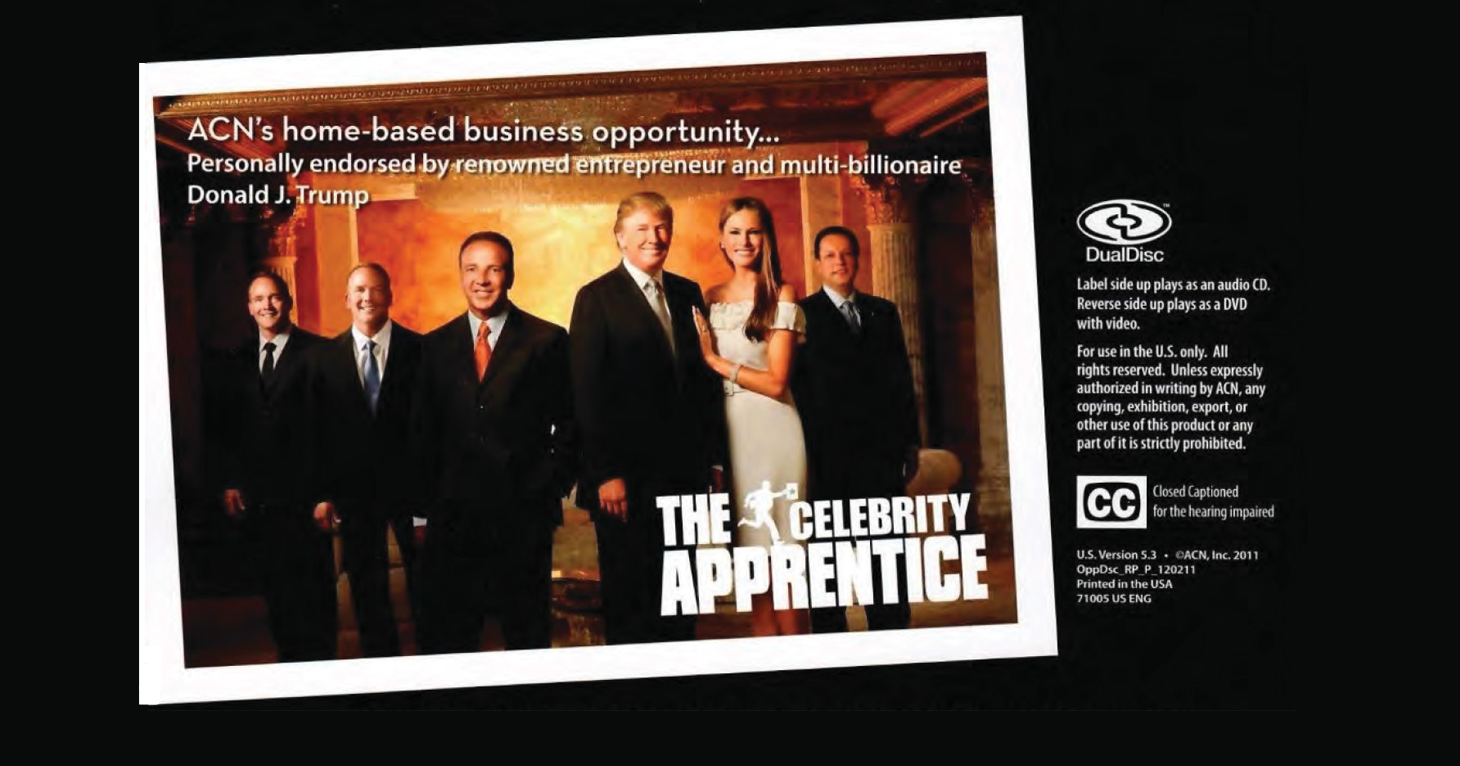
Valentine’s Day Deception: Don’t Fall for These Bad Ads
From “Belgian” chocolates made in the U.S. to knockoff engagement rings, be wary of these roadblocks to love.
Think you’ve found a great deal on a name brand item to give as a gift for the holidays? Be wary. Bargain hunters may find themselves searching for discounts on a website that is actually hawking counterfeit items. A recent study by Neilsen and MarkMonitor, an online brand protection company, found that about one in five online bargain hunters in the U.S. and Europe had mistakenly shopped for counterfeit items.
The study notes that sites selling the fake products appear professional and often draw from the brand’s most recent advertising campaign. The study, which was conducted between July 2011 and March 2012, found that for every one shopper searching for fake goods, 20 other shoppers were seeking bargains. Most counterfeit goods, the study said, are priced to appear as legitimate goods on sale offering 25 to 50 percent discounts, thus duping the consumer.
So how do you know if you are buying a real name brand product? The BBB suggests consumers follow these steps:
From “Belgian” chocolates made in the U.S. to knockoff engagement rings, be wary of these roadblocks to love.
Complaint alleges Trump secretly received millions of dollars in payments while deceptively marketing ACN.
Experts weigh in on how to avoid being a victim of these latest campus scams.


